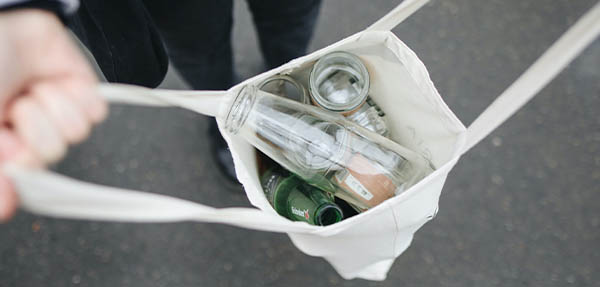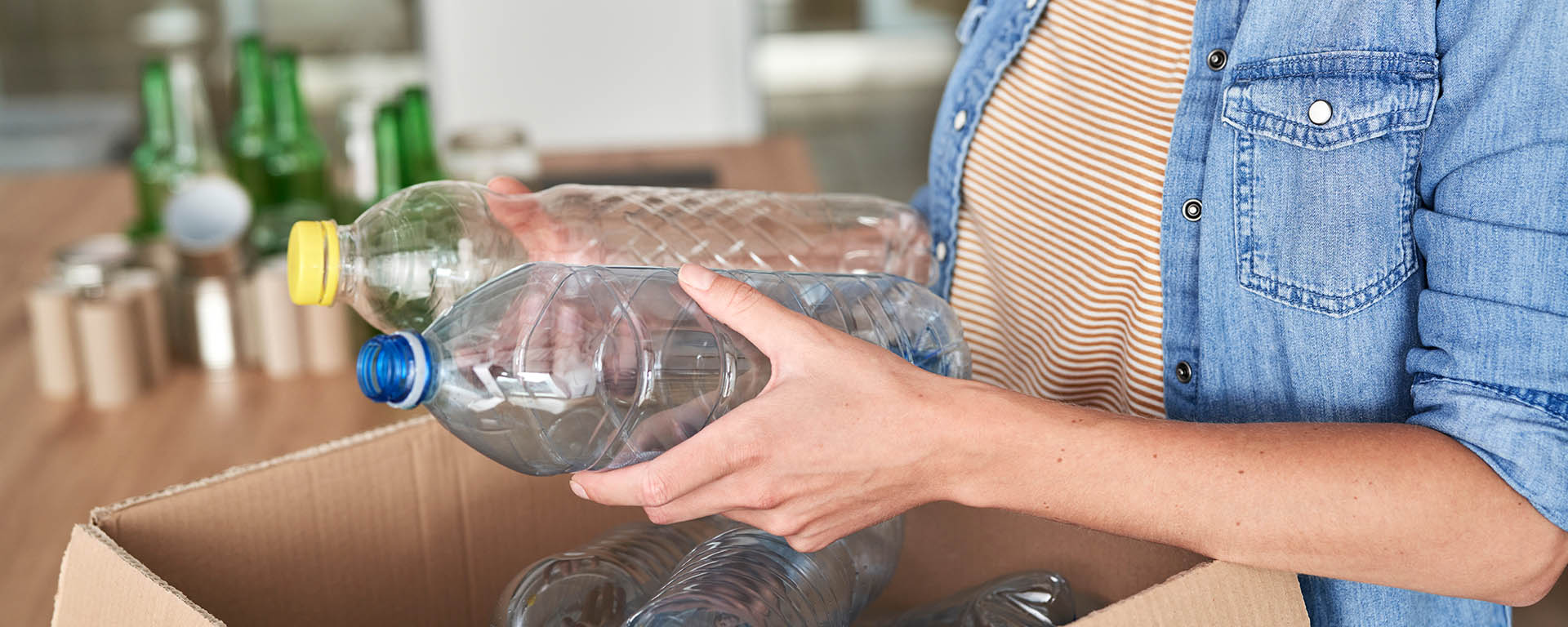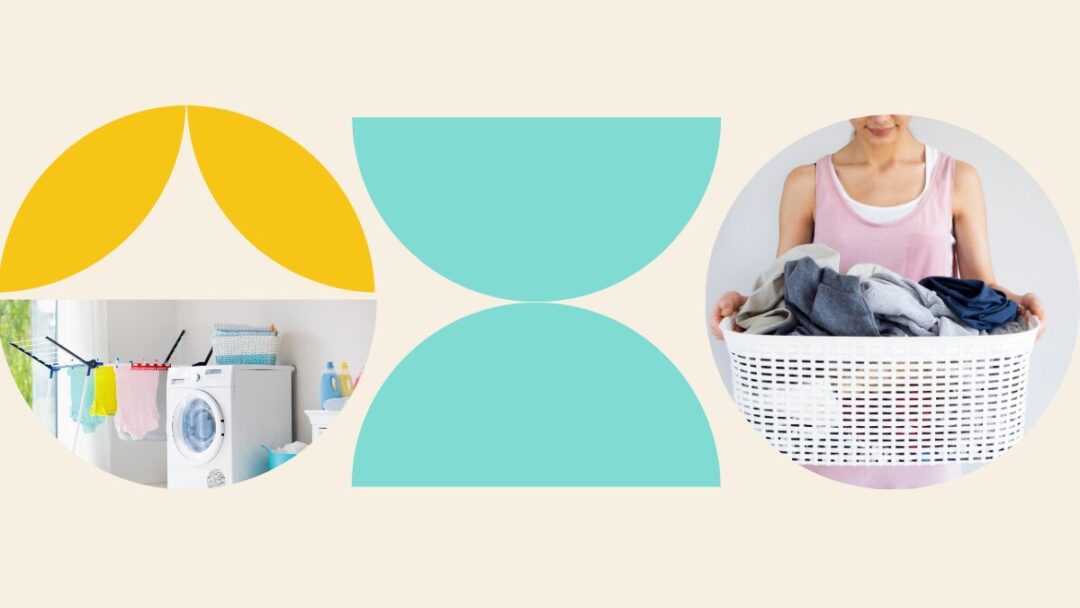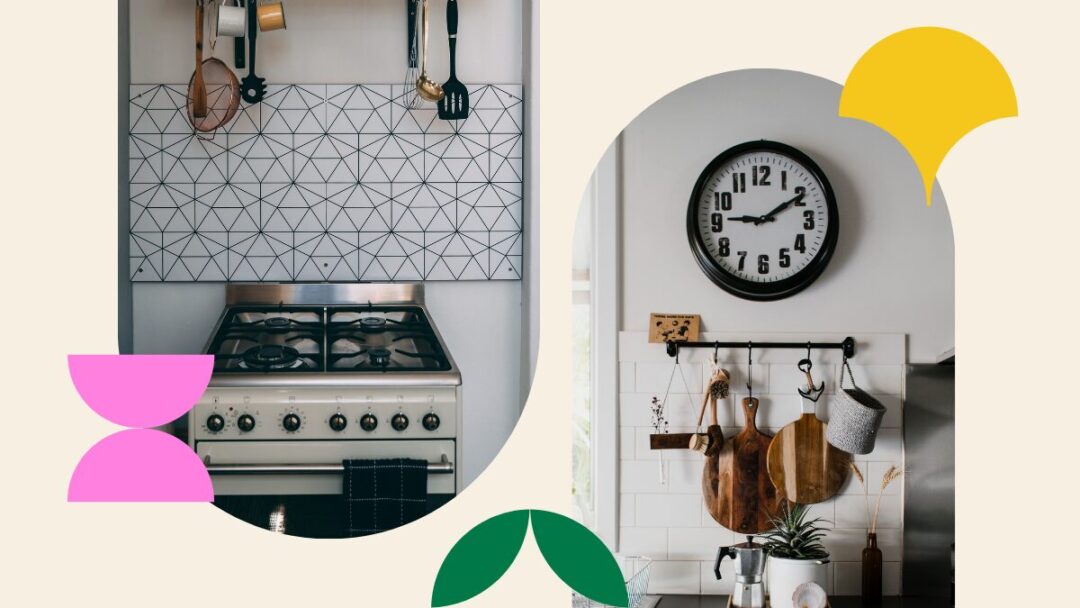In the pursuit of eco-friendly practices and efficient home and office organisation, recycling stands as a crucial step towards reducing our environmental footprint. Recycling not only conserves resources but also contributes to a cleaner and healthier planet, not to mention a cleaner and healthier home, thanks to a streamlined organising and cleaning routine.
If you’re ready to become more eco-friendly, this article sheds light on the 10 most common recyclables you’ll likely have in your home, offering easy instructions on how to recycle them effectively.
10 Items and Products You Can Easily Recycle at Home

1. Paper and Cardboard
Paper and cardboard are among the easiest materials to recycle. Simply gather newspapers, cardboard boxes, magazines, and unwanted paper, ensuring they’re clean and dry. Place them in a designated recycling bin or bundle them together before putting them out for collection.
2. Plastic Bottles and Containers
Plastic bottles and containers are prevalent in most households. Make sure they’re rinsed and devoid of food residues before tossing them into the recycling bin. Look for the recycling symbol on the plastic, usually accompanied by a number indicating the type of plastic used.
3. Glass Containers
Glass containers, such as jars and bottles, are endlessly recyclable. Rinse them to remove any lingering food or liquids, then separate them by colour – clear, green, and brown. Once they’ve been rinsed, place them in your recycling bin or container. If you need extra storage containers at home, you could even recycle your glass jars by repurposing them, saving you a trip to the store and the hassle of forking out more money.
4. Aluminium Cans
Aluminium cans, commonly used for beverages, are highly recyclable. After emptying the cans, rinse them before placing them in the recycling bin. The energy saved by recycling aluminium is substantial, making this effort even more rewarding.
5. Steel Cans
Similar to aluminium cans, steel cans are widely recycled. These include food cans and empty aerosol containers. Rinse them, remove any labels, and crush them to save space in your recycling bin.
6. Plastic Bags
Many supermarkets have plastic bag recycling stations. Collect your used plastic bags and drop them off there. Consider using reusable bags to reduce plastic waste even further.
7. Electronics
Electronic waste, or e-waste, such as old mobile phones, laptops, and chargers, can often be recycled. Check with your local recycling centre or electronics store for drop-off points.
8. Batteries
Used batteries contain harmful chemicals that can leach into the environment. Look for designated battery recycling bins or collection points, usually available at supermarkets or electronic stores.
9. Clothing and Textiles
Don’t discard old clothes or textiles. Many charities or recycling centres accept them. If they’re still wearable, consider donating. If not, some organisations recycle them into new products.
10. Food Waste
Composting is an eco-friendly way to recycle food waste. Start a compost bin in your garden or use an indoor composting system to turn food scraps into nutrient-rich soil.
Conclusion
By incorporating these recycling practices into your daily life, you actively contribute to a more sustainable future. If you find that you don’t have time to get through home chores and recycling as you embrace the journey towards eco-conscious living, remember that SweepSouth offers a platform to book vetted SweepStars, making home cleaning and maintenance effortless.
As SA’s #1 home services platform, we would be proud to ensure your home remains cleaner and healthier than you could ever imagine it to be. Book a SweepSouth cleaning service and enjoy more time to yourself, without worrying about the state of your home.









